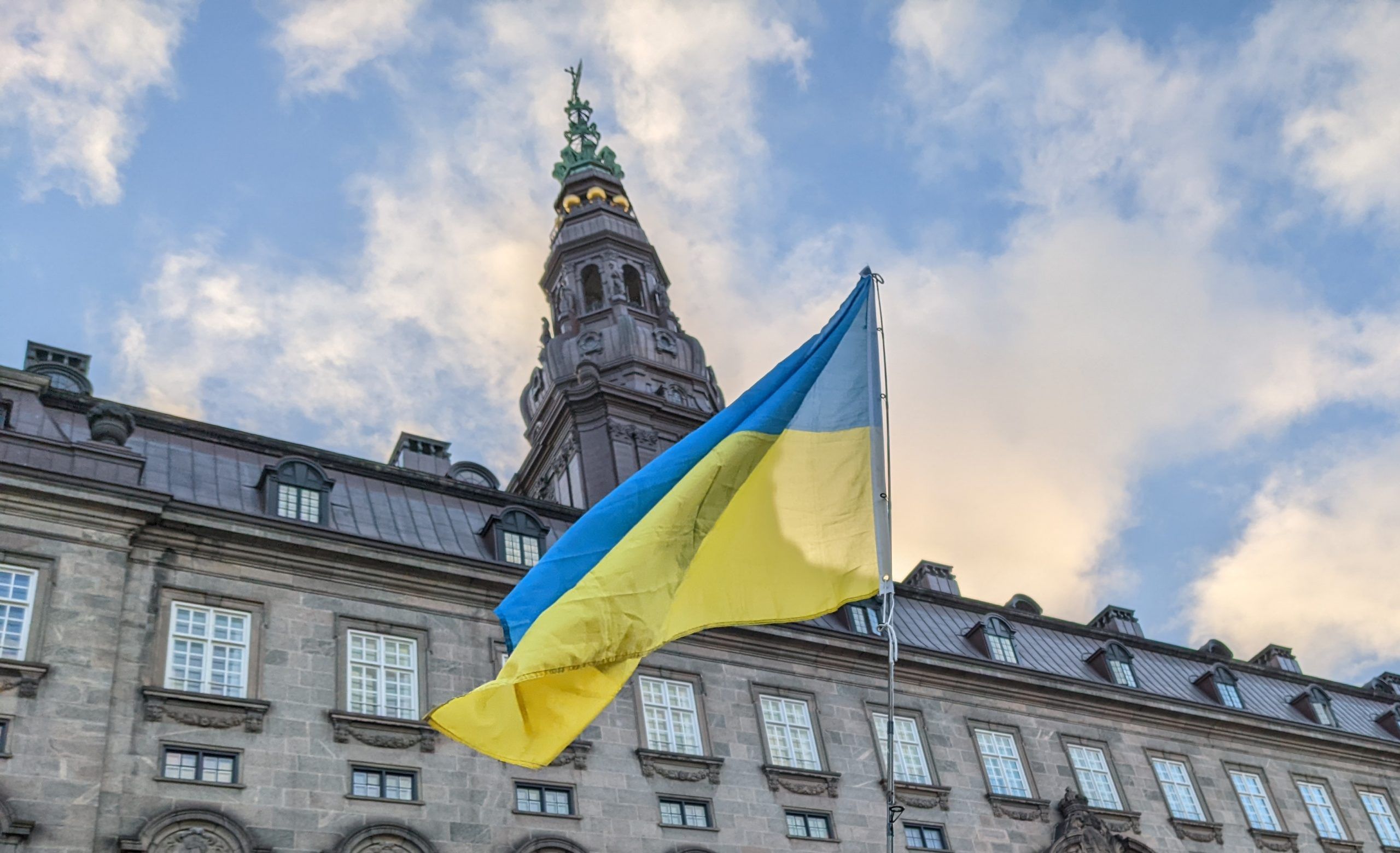Last year, the winner was ‘coronapas’ and in 2020 it was ‘samfundssind’ – a revived compound word meaning ‘community spirit’, which is made up of ‘samfund’ (society) and ‘sind’ (mind).
So it’s safe to say that Denmark’s ‘Word of the Year’ tends to be news-related – in 2017, it was Kvindelandsholdet (the women’s national team) – and it was no surprise to see the winners determined by the pandemic.
But this year, while COVID-19 might not have disappeared, it faded into the background following Russia’s decision to invade Ukraine in late February.
‘Årets Ord 2022’ is accordingly ‘Kyiv’.
Just a week after the invasion
Not long after the War in Ukraine started, Denmark officially changed the Danish-language name of the country’s capital from Kiev to Kyiv.
The March 1 decision reflects well on the country, according to the Årets Ord jury, who announced the results of their deliberations last Friday.
“The fact that we in Denmark changed the spelling of the Ukrainian capital from Kiev to Kyiv showed a respect for the Ukrainians – also in the language,” it explained.
Saw off close to 20 other candidates
Kyiv saw off competition from 11 other words: blodbold, inflation, elpriser, elskam, energikrise, københavnske saloner, magtfuldkommen(-hed), migrantarbejder, -skam, sparetid and sportsvaskning/sportwashing.
Additionally, -krise, anti-work, svumpukkel, Goblin Mode, woke, prisloft, de (as in preferred pronouns), krænkelseskultur, biodiversitet and særlig militæroperation were put forward as wildcard nominations.
This year marks 15 since Dansk Sprognævn and DR started co-organising ‘Årets Ord’.















